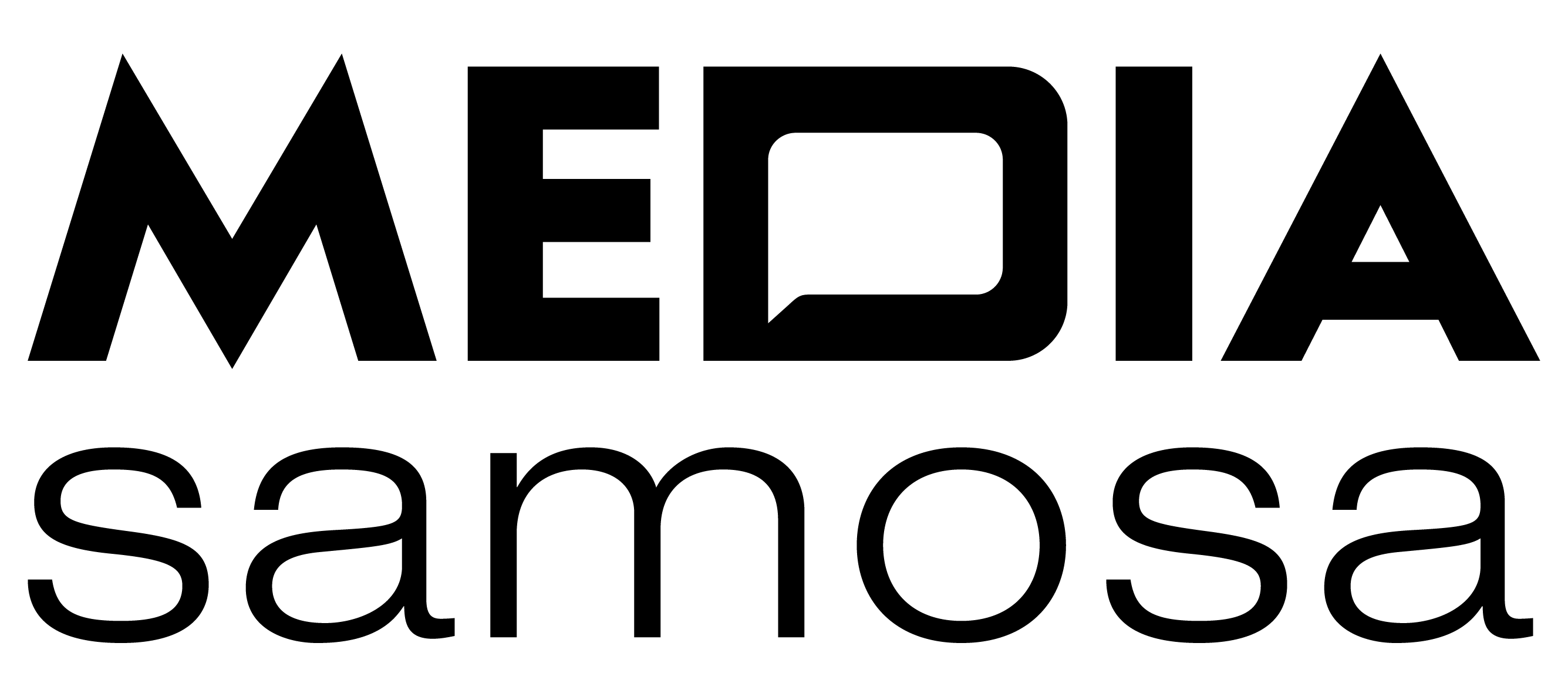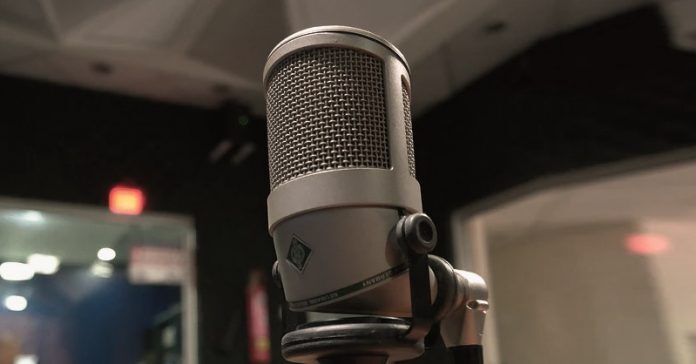Like every other industry, 2020 was an unprecedented year for the Radio industry as well. According to the latest TAM AdEx data, the radio sector showcased a slow revival rate in the second half of the year with a drop in advertising volumes narrowed to 13%. The recovery however reached pre-lockdown levels with the onset of the festive period.
Experts however, are optimistic and excited about the future.
Brands that usually spend on marketing on the medium attempted to go beyond just jingles with an innovation-based strategy. One of the key strategies was customization for the large radio networks – from creating solutions and client-specific packages to hyper-local communications to go beyond selling just the inventory, radio brands went all the way to combat adversities in the wake of the pandemic.
Radio channels also attempted to provide digital solutions along with following a concept-led multimedia approach that included TV, Outdoor, Print, Mobile Marketing, and more. For example – Mirchi Ki Pathshala for Education clients includes integration across radio and other media channels.
Social media presence of radio channels too became a selling point. Ashit Kukian, CEO, Radio City, shares, “With our on-air campaigns, we have been launching digital campaigns across our social media platforms. Thus, maximizing our advertisers’ reach as well as keeping our digizens entertained.”
Rahul Kumar Shaw, CEO, Television and Radio (104.8 Ishq FM), TV Today Network, says, “The biggest challenge was to keep content going and making it more interesting both on-air and digitally. We are now focused on building and strengthening our presence in key markets by launching marketing & Content IPs. While traditional mediums such as Radio advertising and On-ground events are likely to see a resurgence in 2021, we will continue to build on the momentum we have gained from foraying into digital IPs.”
Another challenge for the marketers on the medium was the measurement of RoI for campaigns. Monalisa Mandal, AVP-Marketing, Fever FM Network, explains, “With more and more clients now expecting to measure the success of a campaign across various media platforms including radio, we offer innovative solutions to reach a certain milestone like brand awareness, lead generation, or increased website traffic. The solutions are mostly radio ++ and include our social media assets, RJ’s as influencers, podcast, print, and display.”
Despite the challenges, the Radio industry had forged forward to bring people closer. They engaged with listeners through social media tools such as Instagram Live for a much-needed local connect as micro and macro-influencers. Radio City’s ‘City Ki Tech Shaala’, leveraged their RJs in Mumbai to help students with affordable laptops.
As people continued to turn to one of the oldest forms of entertainment medium, podcasts were another emerging content format consumed by the audience. Radio networks too incorporated smart speaker solutions such as podcasts, and gamification as a part of their offerings. For example, after the launch of their web radio platform Big Radio Online this year, BIG FM is now advancing into a myriad of avenues such as gamification, chatbots, social commerce, and many others.
Highlighting its relevance, Sunil Kumaran, Country Head – Product, Marketing and THWINK BIG, BIG FM, shared, “This will enable us to present an immersive experience and also foster a deeper level of engagement with various stakeholders. We see this dominating the innovations and leading the trend for this year.
According to the experts, almost 82% of people turned to radio during the lockdown because of its credibility.
Some campaigns that made headways and a mark across the lives of the people included cause-based adverts attempting to leapfrog transactional attributes. One such example was Mother Dairy and Radio City’s #RishtonKiImmunity campaign shared Kukian.
As the radio industry continued to leverage their on-air and digital offerings to come up with innovative campaigns, they banked on a multi-channel approach for reaching out to the audience. In-line with this thought, Mandal highlighted the ‘Hundred Hours Hundred Stars’ campaign by Fever Network. This initiative saw 100 hours of non-stop celeb interviews on radio and their social media handles lauding frontline workers.
According to the AZ Research Partners Pvt. Ltd report, the listenership on radio networks increased by 23% during the period.
2020 also witnessed product launches on radio. For example, Samsung launching its new phone model on Radio Mirchi, where RJs tested the Samsung A70 and reviewed it for the listeners, giving potential buyers an insight into their investment.
Many marketers also leveraged the ‘Vocal for Local’ trend and launched campaigns in-line with the sentiment. Radio City’s Radio City Bazaar for homegrown businesses was one such initiative.
Going out and about to combat the pandemic, many radio brands collaborated with audio streaming platforms like Spotify for a wider reach to the audience.
Some of the top spenders for radio marketing remained Real Estate and BFSI brands; FMCG and Automobile categories followed suit with revival. Other categories that witnessed a surge included Pharma, Consumer Non-Durables, and E-commerce for most of the radio networks.
Additionally, the pandemic accelerated digital spends for the Radio industry as they catapulted the medium to drive engagement, awareness, and reach across sectors. Radio City reserved a 10-15% marketing budget for digital. Mirchi witnessed an upgrade of digital up to 40-45% of their multi-media solution offering.
Moving forward, experts opine that Radio Industry will witness an expansion in the audio space with radio further venturing into avenues that harnesses the strengths of the medium. Podcast and Audio Streaming platforms will be a booming trend in the new year, share the experts.
Further, Kukian shares that since COVID-19 affected the non-metro markets comparatively less than the others; thus brands will increase their advertising spend in small cities. “We see this trend to continue in 2021 as now brands are focusing on Tier II and Tier III markets to maximize their reach”, he says.
On a similar note, Shivangini Jajoria – Sr. VP & Sr. Business Director – North, Mirchi, elaborates, “Due to migration, people have shifted back to their hometowns and the use of radio to reach out to the Tier 2 and Tier 3 cities will be significant. The advertisers will thus use local radio to reach out to customers, especially under the TG of 2 wheelers and handsets categories along with FMCG products.”
Additionally, experts believe that while traditional mediums such as Radio advertising and On-ground events are likely to see a resurgence in 2021, brands will continue to build on the momentum they have gained from foraying into digital IPs.
Encapsulating the top trends on the road to 2021:
- In 2021, radio advertising will see an increment in the vast number of start-ups that will look to the medium for reach and engagement
- Content marketing will be the focus as brand interactions will happen across multiple platforms
- Digital IPs and events will help in furthering the brand agenda
- The key task with media brands would be to create and churn content both in audio as well as video formats.
- FMCG to use radio far more aggressively to reach their audience in the rural markets.
- A lot of new categories, focusing specifically on immunity building, health insurance, and post COVID-19 care will come up, and therefore, there will be opportunities for all media including radio during this year.
Overall, 2021 certainly seems to ring a bell with positive hopes for the Radio advertising industry.
Comments
comments

